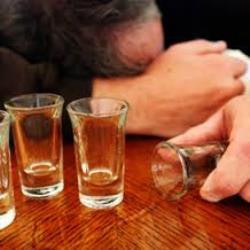The University of North Carolina at Chapel Hill announced sweeping changes to its alcohol policy, effective this fall. UNC Chapel Hill is shifting its stance from one rooted in enforcement and disciplinary action to a policy that is more oriented toward public health.
After assembling a 26-person team to study the issue of underage and high-risk drinking on campus, UNC Chapel Hill rolled out its new policy this summer.

UNC’s prior policy had not been updated significantly since the mid-1990s, when the context and understanding of alcohol-related issues was very different than it is today, Sauls said. “By and large, certainly with exceptions, students are drinking to get drunk,” he said. “It’s not merely the social lubricant that it once was.”
As one result, the college has seen more incidents of alcohol-related transports, which in part is inspiring Chapel Hill’s public health-centered approach to the problem.
“It will take a while, I think, to evaluate the relative success of all the things we’re going to be doing. We liken this to turning a cargo ship in a harbor — it’s a slow process,” Sauls said. “You didn’t build this culture overnight and you won’t dismantle it over night.”
Alcohol consumption has been a part of college life since their origins. The country’s oldest institution of higher education, Harvard University, served beer in campus dining halls until 1934, for instance. High-risk drinking and underage drinking, however, can pose significant challenges to the smooth running of social and academic life. So while drinking may always be a ubiquitous part of the college experience for many students, for administrators, the goal is to mitigate or lessen the negative consequences that can follow in its wake.















